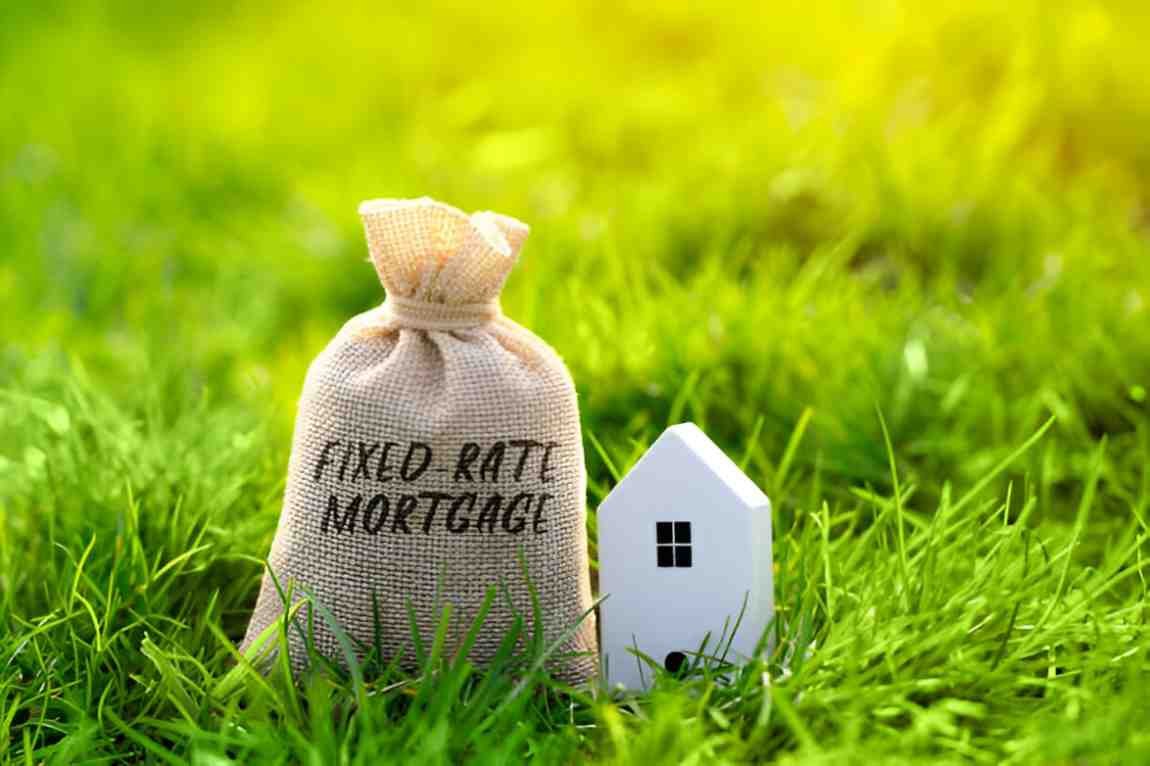A fixed-rate mortgage is a type of home loan where the interest rate remains constant throughout the term of the loan. This means that the borrower’s monthly principal and interest payments remain unchanged, providing predictability and stability in housing costs over the life of the mortgage.
Table of Contents
Key Features of Fixed-Rate Mortgages
- Stable Interest Rate: The interest rate on a fixed-rate mortgage does not change for the entire duration of the loan.
- Predictable Payments: Borrowers know exactly how much they need to pay each month, which helps with budgeting and financial planning.
- Long-Term Commitment: Typically, fixed-rate mortgages have terms ranging from 15 to 30 years, offering borrowers long-term financing options.
How Do Fixed-Rate Mortgages Work?
Mechanism of Fixed-Rate Mortgages
- Initial Agreement: The borrower and the lender agree on a fixed interest rate at the beginning of the loan term, usually based on prevailing market rates and the borrower’s creditworthiness.
- Monthly Payments: The borrower makes regular monthly payments that include both principal repayment and interest, with the amount of interest staying constant over time.
- Interest Rate Protection: Regardless of changes in broader interest rates in the economy, the borrower’s rate remains unchanged, providing protection against rising interest costs.
Example of Fixed-Rate Mortgage
Suppose a borrower takes out a 30-year fixed-rate mortgage for $250,000 at an interest rate of 4.5%. Here’s how it works:
- Loan Amount: $250,000
- Interest Rate: 4.5% per annum
- Loan Term: 30 years
- Monthly Payment Calculation: Using a mortgage calculator, the monthly principal and interest payment would be approximately $1,266.71.
Benefits for the Borrower:
- Stability: Monthly payments remain consistent, making budgeting easier.
- Predictability: Protection against fluctuating interest rates, providing financial certainty.
Advantages of Fixed-Rate Mortgages
For Borrowers
- Budgeting: Predictable monthly payments help borrowers plan their finances more effectively.
- Risk Management: Protection against rising interest rates provides stability and financial security.
For Lenders
- Lower Default Risk: Fixed-rate mortgages generally have lower default rates compared to adjustable-rate mortgages during periods of rising interest rates.
- Market Stability: They contribute to overall market stability by reducing the impact of interest rate fluctuations on borrower behavior.
Considerations for Fixed-Rate Mortgages
Prepayment Penalties
- Early Repayment: Some fixed-rate mortgages may include penalties if the borrower pays off the loan early.
- Refinancing: Borrowers considering refinancing should assess potential savings against any prepayment penalties.
Market Conditions
- Interest Rate Trends: Borrowers should monitor interest rate trends to determine the optimal time to lock in a fixed-rate mortgage.
- Economic Factors: Changes in the economy, such as inflation rates, can influence long-term interest rates and mortgage affordability.
Comparison with Other Mortgage Types
Fixed-Rate vs. Adjustable-Rate Mortgages (ARMs)
- Interest Rate Stability: Fixed-rate mortgages offer stability with constant interest rates, while ARMs have variable rates that can change periodically.
- Risk Profile: ARMs may initially have lower interest rates but pose risks of higher payments if interest rates rise.
Fixed-Rate vs. Interest-Only Mortgages
- Principal Repayment: Fixed-rate mortgages include both principal and interest payments from the beginning, promoting equity buildup.
- Payment Structure: Interest-only mortgages allow borrowers to pay only interest for a specified period, followed by higher payments to repay the principal.
Conclusion
Fixed-rate mortgages are popular among homeowners and buyers seeking stability and predictability in their housing costs. With a fixed interest rate throughout the loan term, borrowers benefit from consistent monthly payments, protection against rising interest rates, and long-term financial planning. Understanding the mechanics, benefits, and considerations of fixed-rate mortgages is essential for making informed decisions when financing a home purchase. By choosing a fixed-rate mortgage, borrowers can enjoy financial security and peace of mind, knowing their housing expenses will remain steady regardless of economic fluctuations.





